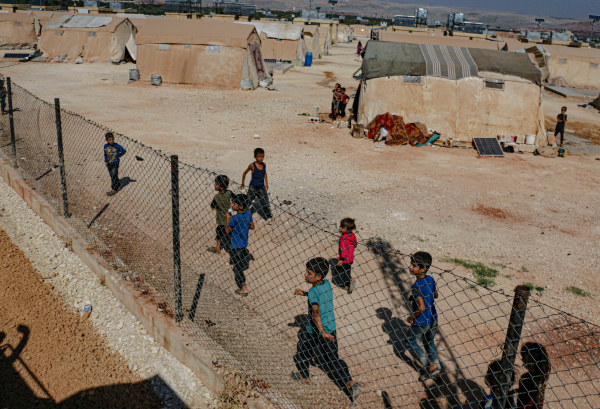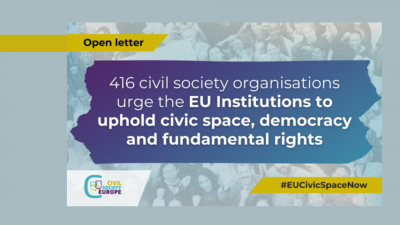
The European Council on Refugees and Exiles (ECRE) has published a joint statement from non-governmental organisations to the Member States of the European Union and the European Parliament on the reform of EU asylum law.
In the statement, the ECRE organisations warn that some of the mechanisms proposed as part of the reform of EU asylum law lower the standards of protection and violate the rights of asylum seekers in Europe.
The Council's current efforts are aimed at merging the existing proposals and adopting a single regulation on crisis, force majeure and instrumentalisation. In these three cases, the proposed provisions would allow Member States to derogate from certain obligations related to the reception of protection seekers. These terms are so vaguely defined that Member States could abuse these measures through their expansive interpretation. This concern is justified as the EU is already facing a huge problem related to non-compliance with the law at its external borders, especially in light of the deepening rule of law crisis in some Member States.
According to the signatories of the statement, accepting the proposal would bring the following consequences:
- access to international protection and legal assistance would become more difficult and the risk of unlawful return outside the EU would increase,
- people crossing the border, including unaccompanied children and families, would be at increased risk of detention,
- certain groups of refugees would be exposed to an increased risk of discrimination,
- Member States that comply with protection standards would be held more accountable,
- the common asylum system, which already suffers from widespread (and largely unpunished) non-compliance, would disintegrate.
The signatory organisations also stress that the current legal framework provides flexibility while addressing possible abuses through the Treaties and the case law of the Court of Justice of the European Union.
They also call on the Member States and the European Parliament to reject the merged regulation and the derogations that could lead to a violation of fundamental rights. The statement also sets out the conditions that should be met to ensure that the reform of EU law does not lead to further violations of EU primary law and the rights of those seeking protection.
The Helsinki Foundation for Human Rights is one of the NGOs that have signed the statement.


